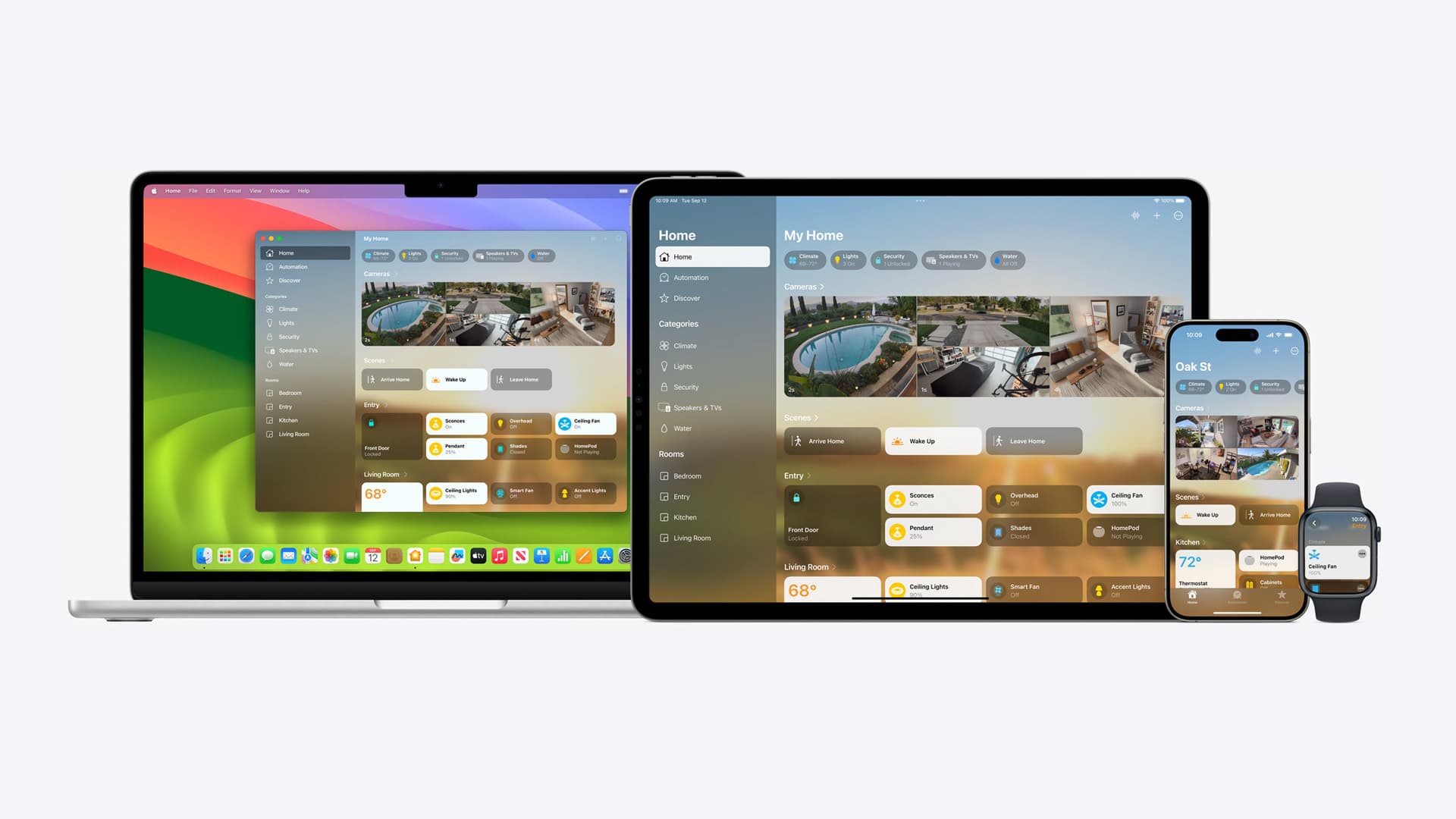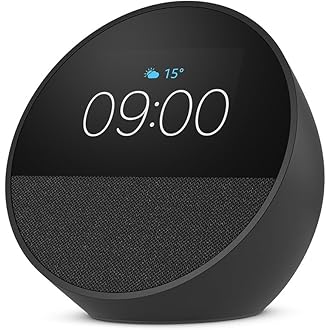
Following years of very little movement in the smart home and home automation sector, Apple looks to resurrect its plans with a new strategy. But did the smart home ever really take off?
According to a recent report from Apple rumors guru, Mark Gurman, Apple could be turning its attention back to the smart home as its 'next big thing'. Following the shuttering of the Apple car and the Vision Pro’s sluggish start, the company will put together a team to focus on new hardware and software offerings to bring consumers a complete smart home experience.
The view from 25 years ago...
Gurman said he expects Apple will release products such as a new and affordable smart displays / screens that can be put throughout the house (FaceTime, streaming, etc.), and there are new reports of a revamped HomePod mini based on custom silicon. If you’ve been in a house with a full smart home setup, you probably saw iPads or similar screens throughout that can control various things such as music, security, home climate, etc. What would be good to see is a newly capable Siri being used to control various devices via the iPhone, Apple TV, HomePod, iPad, Macs, or even the Apple Watch.
Another smart home product will be the rumored robotic tabletop device with an ‘arm’ that Gurman said will cost more than the displays ($1000+ range) and handle more advanced teleconferencing, video and audio playback, and home security monitoring. It can also learn who's talking, what's happening in its environment, and more, which could either be very handy or a little bit creepy. At CES 2024 in January, robot assistants were making a splash, and we expect to see more of the same next month at CES 2025.
The real key for Apple’s new smart home ecosystem strategy will be a combination of a revamped homeOS and Apple Intelligence. It would be great to have Apple Intelligence monitoring things like indoor climate, home security, and if the smart oven has finished pre-heating. Plus much of the automation that comes with a smart home can also be run with the new homeOS app and Apple Intelligence.
Apple does have a good amount of homeOS-compatible devices available on its site, including the most common, thermostats, home security, and doorbells, to some that seem very Jetsons-like, such as sprinklers.
One app to control it all (including Google and Amazon)
Apple’s ‘walled garden’ approach can only take it so far in this market however, and part of any strategy that will be successful in the longer term will be to open things up. Many consumers who own a smart device (Google, Amazon, and/or Apple compatible) also have an iPhone, which means using multiple apps to control the various devices.
That’s where Matter will come in.
Matter is an industry standard developed by Apple, Google, Amazon, Samsung, and numerous other companies, that should facilitate seamless, secure, and reliable communication between IoT devices. And it will enable manufacturers to construct devices conforming to a single standard while still integrating seamlessly into various ecosystems, such as Apple Home, Google Home, Amazon Alexa, and Samsung SmartThings.
This would be a good thing as the current overlapping ecosystems are a bit of a mess. It’s common to find a mix of Nest products (say, doorbell with camera, security cameras, and thermostat) and a door lock accessible via the Apple Home app in the same house. Consumers can like the UI of the Nest app more than the Google Home, where the cameras, doorbell, and thermostat are easy to access. But then they can find a good deal on something like an Apple Home-compatible lock, which leads them down the road of juggling different apps.
This is not the sport of thing that wins over sceptics. Matter has been in the market now for two years and momentum is slowly starting to build. Among other resources handy if you’re thinking of heading down this route, is Every smart home device that works with Matter maintained by The Verge.
Did the Smart Home ever really take off?

Echo beached?
Beyond smart speakers and doorbells, did the Smart Home ever really take off though? At one point, Google Home (and Google Nest) and Amazon were the leaders in the smart home — at least with the smart speaker, thermostat, and doorbell. The Amazon Echo smart speaker was ubiquitous and found in a large number of homes around 2017 or 2018. Since then, it seems that the smart home and home automation trend kind of died out by 2019 or 2020.
Smart lights, very expensive automatic window blinds, kitchen appliances, and other smart devices have their fans, but those accessories remain a bit of a niche in the smart home ecosystem (and mostly used by those with a lot if disposable income to spare). But for the most part, the smart home never took off beyond the sale of doorbells, speakers, etc.
Indeed, reports are that the industry was flat through 2024, thanks to a combination of mature markets and long refresh cycles. The integration of AI into things provides an opportunity though, so Apple, in theory, is about to arrive at a good inflexion point to widen the smart home ecosystem beyond its current luxury status. Even then though growth is predicted to be relatively modest at just over 5% a year. Perhaps this is actually refreshing: some of the wild projections about Smart Homes and the IoT probably didn’t do the industry many favours when they failed to be the path to riches initially assumed.
As it stands, Apple is lagging behind Amazon and Google in the smart home business. In 2025 a combination of new products, Matter, and Apple Intelligence could begin to see that change.
tl;dr
- Apple is revitalizing its approach to the smart home market with plans for new hardware and software, including affordable smart displays and a revamped HomePod mini.
- A rumored robotic tabletop device, priced over $1000, is designed for advanced teleconferencing and home security, also capable of recognizing voices and actions within its environment.
- A key aspect of Apple's strategy involves a new homeOS and Apple Intelligence, aimed at automating home monitoring and management, enhancing user experience across devices like the iPhone and Apple TV.
- The Matter standard seeks to streamline interoperability among different smart home devices from various manufacturers, addressing the current fragmentation in smart home ecosystems.
Tags: Technology Apple


Comments